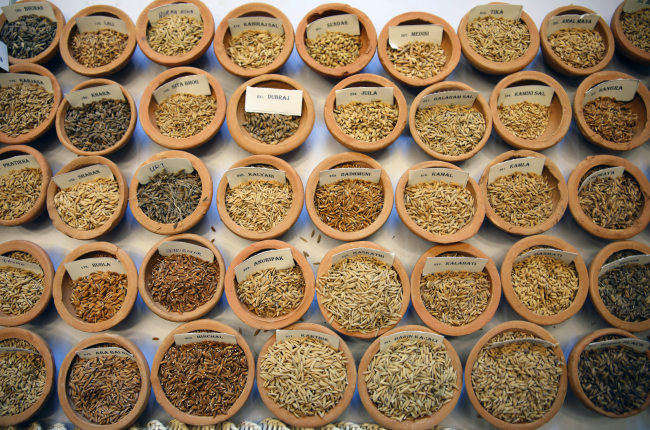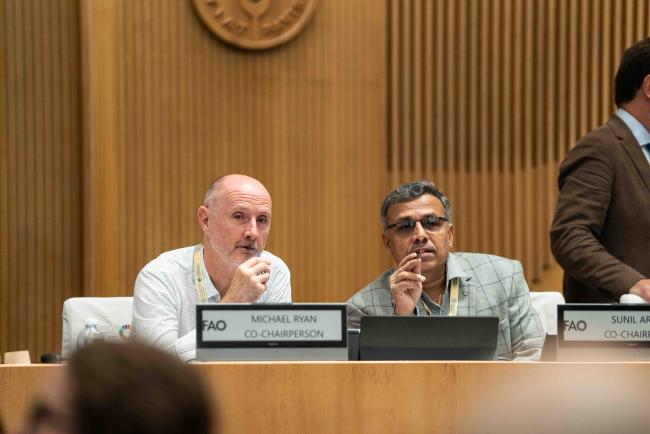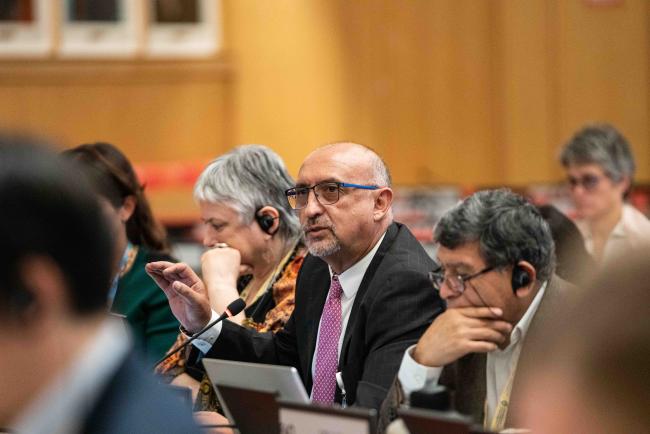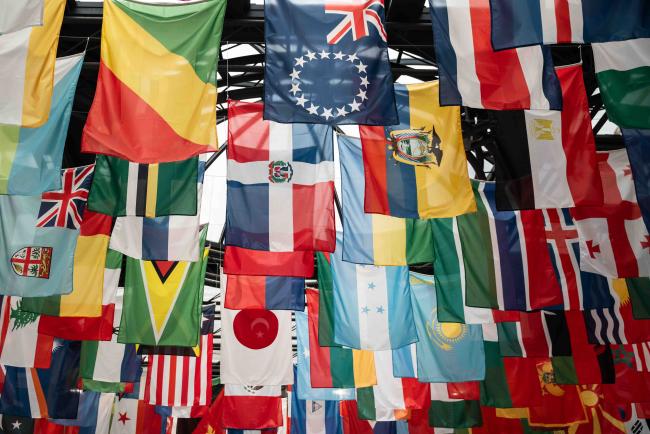Seed exchanges are crucial for sustainable agriculture and global food security. To achieve these objectives, the International Treaty on Plant Genetic Resources for Food and Agriculture (ITPGRFA) has established the world’s first operational Multilateral System (MLS) of access and benefit-sharing. This system serves the agricultural community, including farmers, plant breeders, and scientists.
However, monetary benefit-sharing has not lived up to expectations. Negotiations to enhance the MLS, first launched in 2013, provide an opportunity to stimulate benefit flows while protecting farmers’ rights and adapting to technological developments.
Following opening statements, the Working Group started a first reading of the draft resolution, without entering into text-based negotiations. Participants raised concerns and identified areas that need further discussion. With the meeting convening on the heels of the second meeting of the Working Group on benefit-sharing from the use of digital sequence information (DSI) of the Convention on Biological Diversity (CBD), many stressed the need for close coordination between the two processes. In the afternoon, delegates heard a presentation on seed sector sales and profitability. They also discussed the advantages and challenges of the subscription system, including a series of exemptions from payments.
The Latin American and Caribbean Group (GRULAC) lauded the importance of the MLS for advancing research and food security, stressing that, in contrast, the benefit-sharing pillar has not met its objectives. They urged focus on payment rates in order to agree on a transparent system that results in predictable and sustainable benefit-sharing flows.
Asia said there are divergent views in the region with respect to moving forward with a subscription-only approach, as proposed in the Co-Chairs’ draft, as well as concerns regarding expansion of the MLS to all plant genetic resources for food and agriculture (PGRFA), notably regarding PGRFA held by Indigenous Peoples and local communities.
North America stressed that access, according to Treaty provisions, should be free of charge, and called for maintaining a single-access option, while addressing DSI/genetic sequence data (GSD) under the subscription system.
Africa underscored that DSI/GSD is not only transforming the way genetic resources are used, but also brings into question current approaches to benefit-sharing; and called for a clear framework for DSI/GSD under the subscription system.
The Near East urged enhanced capacity building for developing countries and called for increased voluntary support. Southwest Pacific emphasized the need for the text to be clear, provide legal certainty, and be responsive to parties’ needs.
The Seed Industry cautioned against unrealistic expectations as to payment levels. Farmers’ Organizations stressed the need for farmers’ consent for access to PGRFA in in-situ conditions and for curtailing the risk of PGRFA privatization via intellectual property rights on DSI/GSD. The CGIAR pointed to their policy brief on DSI/GSD in crop improvement.
All ENB photos are free to use with attribution. For the 12th Meeting of the Ad Hoc Open ended Working Group to Enhance the Functioning of the ITPGRFA Multilateral System, please use: Photo by IISD/ENB | Mika Schroder.




































